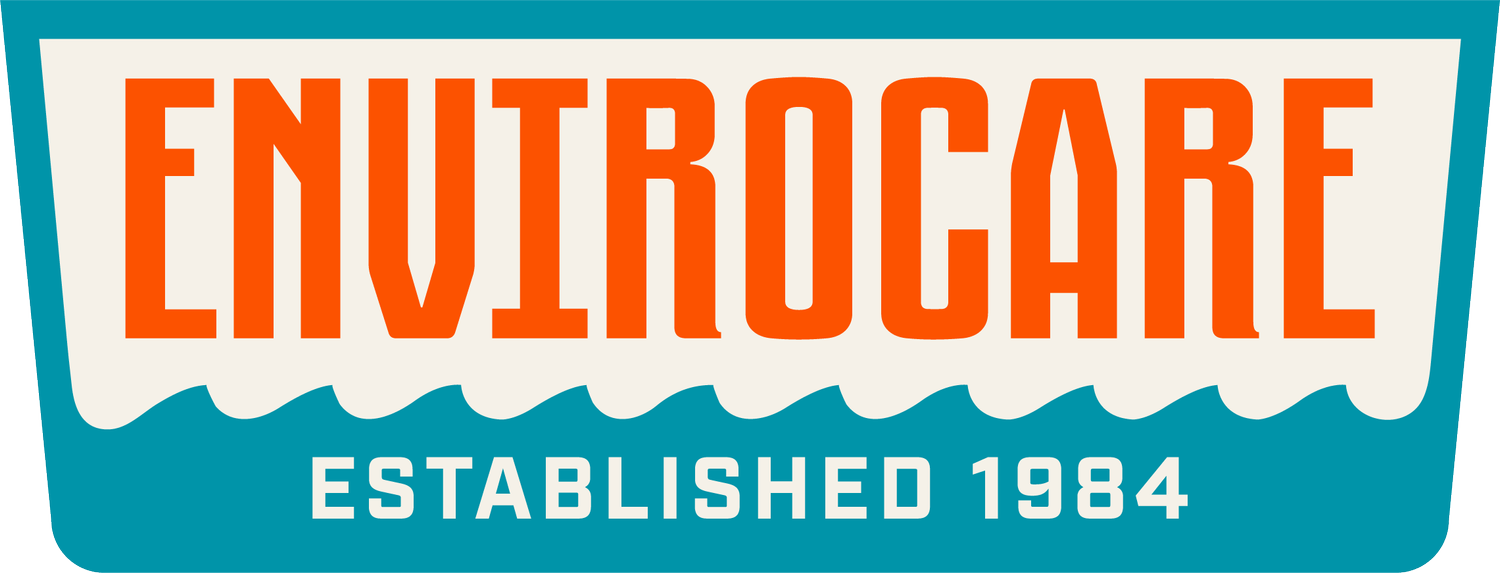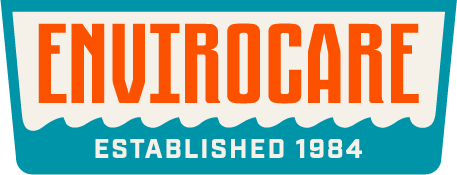How To Sanitize Dishes Efficiently: A Guide for Hospitality & Restaurant Managers
In the hospitality industry, clean dishes aren’t just a detail — they’re a standard. Whether you're running a restaurant, hotel kitchen, or catering operation, efficient dish sanitization is key to maintaining health compliance, guest satisfaction, and a smooth kitchen workflow.
But how you sanitize dishes is just as important as that you sanitize them. Inefficient or inconsistent processes waste time, compromise safety, and can even damage your equipment over time.
At Envirocare, we work with kitchens across Virginia to optimize their dish systems — from chemical setups to equipment maintenance — so everything runs the way it should. Here’s what we recommend for keeping your dishwashing routine clean, compliant, and cost-effective.
1. Know the Difference: Cleaning vs. Sanitizing
Let’s get the basics down:
Cleaning removes visible food and debris.
Sanitizing reduces the number of bacteria to safe levels after cleaning.
Both steps are essential. A dish that looks clean might still harbor bacteria if it's not properly sanitized.
2. Choose the Right Sanitizing Method
Commercial kitchens generally sanitize dishes using either:
High-temperature dish machines (180°F rinse cycle minimum)
Chemical sanitizing machines (typically 75–120°F using chlorine or quaternary ammonium)
The right method depends on your volume, kitchen setup, and compliance requirements. Not sure if your current method is working as efficiently as it should? Envirocare can help assess your system and recommend the best solution.
3. Maintain Proper Concentration Levels
Chemical sanitizers only work when they’re used at the right strength. Too little, and it’s ineffective. Too much, and it could damage dishes or leave a residue.
Use test strips daily (or even per shift) to verify proper levels:
Chlorine: 50–100 ppm
Quaternary ammonium: 200–400 ppm
Envirocare offers automated chemical delivery systems that keep concentrations consistent — reducing human error and saving you time.
4. Train Staff Consistently
Even with the best equipment, poor sanitization often comes down to inconsistent training. Make sure your dish team knows:
How to test sanitizer levels
How long dishes must air-dry before reuse
What to do if the system malfunctions
We provide training and troubleshooting support to ensure your team knows how to handle your system correctly and confidently.
5. Schedule Regular Equipment Checks
Dish machines, booster heaters, and sanitizer pumps wear down over time. A slow rinse cycle or clogged nozzle can throw your entire sanitization process off.
Envirocare technicians offer preventative maintenance services that catch issues before they become violations — or worse, cost you a health inspection.
Need Help With Your Dish System? Let’s Talk.
If you're not 100% confident in your current dishwashing setup, it might be time for a check-up.
Envirocare partners with hospitality teams across Virginia to:
Optimize dish machine performance
Maintain proper chemical levels
Train staff on safe sanitizing procedures
Prevent costly breakdowns with scheduled maintenance
Contact us today to schedule a site visit or system audit. We'll make sure your back-of-house is running as cleanly and efficiently as your front-of-house expects.
Envirocare — Keeping Kitchens Compliant, Clean, and Ready for Service.
📞 Contact Us | 📍Serving Restaurants & Hospitality Businesses Across Virginia

